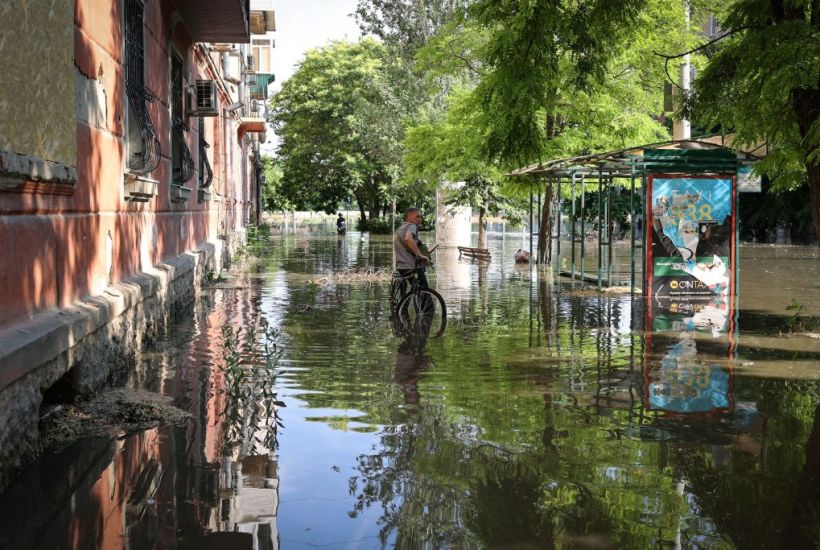Following the destruction of the Nova Kakhovka dam in Ukraine, politicians in the West have followed the familiar dance of condemnation. ‘If it’s intentional,’ said PM Rishi Sunak, it would be ‘the largest attack on civilian infrastructure in Ukraine since the start of the war’ and represent ‘new lows’ in Russian aggression.
Already a subscriber? Log in
Subscribe for just $2 a week
Try a month of The Spectator Australia absolutely free and without commitment. Not only that but – if you choose to continue – you’ll pay just $2 a week for your first year.
- Unlimited access to spectator.com.au and app
- The weekly edition on the Spectator Australia app
- Spectator podcasts and newsletters
- Full access to spectator.co.uk
Or



















Comments
Don't miss out
Join the conversation with other Spectator Australia readers. Subscribe to leave a comment.
SUBSCRIBEAlready a subscriber? Log in